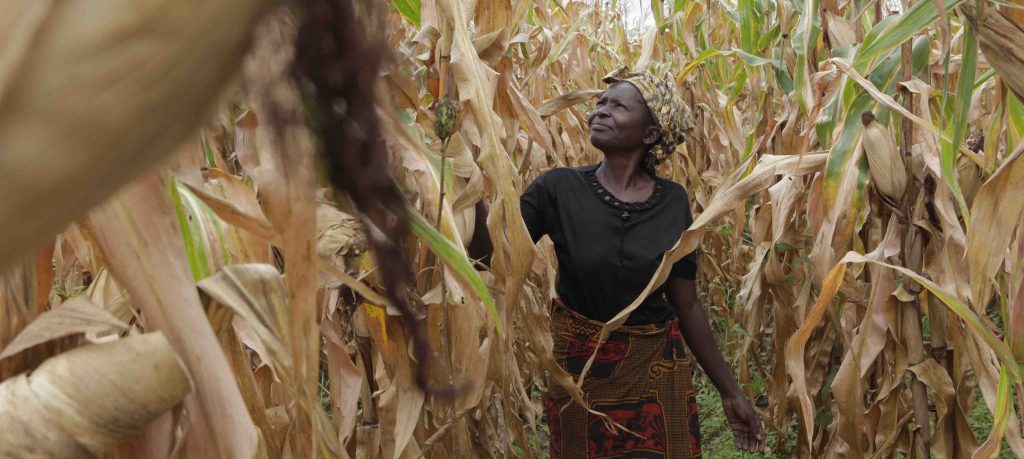The U.N. World Food Programme (WFP) requires $400 million to feed millions of displaced persons in Southern Africa following a drought that pushed swathes of the region into hunger.
On Wednesday, WFP told reporters it needed urgent funding that will last till November for drought relief in Zambia, Zimbabwe, and Malawi, after the El Niño-induced drought impacted nearly 4.8 million people and caused harvest to drop drastically.
El Niño disrupts the wind patterns and warms the temperature in parts of the Pacific Ocean, thereby affecting crop yields by reducing rain levels.
“It’s fair to say this will probably be the biggest El Niño response we have ever done in Southern Africa,” WFP spokesperson Tomson Phiri said.
According to Phiri, more than two-thirds of the Southern African population that relies on rain-fed farming had their harvests “wiped out” by lack of rains.
WFP has disbursed cash to impacted communities and is seeking to buy grain from outside markets.
Last year, WFP spent $14 million in August to subsidise food for communities in Lesotho, Madagascar, Mozambique and Zimbabwe.
Subsequent droughts in the region have caused grain stocks to drop and forced affected countries like Zimbabwe to acquire grains abroad.
In order to address the rising hunger, private millers in Zimbabwe plan to import 1.4 million metric tonnes of maize from Brazil, Argentina and other countries.
The African Union Climate Agency will hand Zimbabwe a $32 million insurance bailout for drought relief, the country’s Finance Minister Mthuli Ncube has said.
Vulnerable communities will get cash transfers, while some humanitarian agencies will also get some funding to procure food to address challenges.

